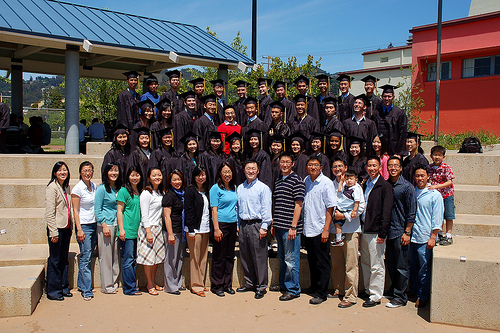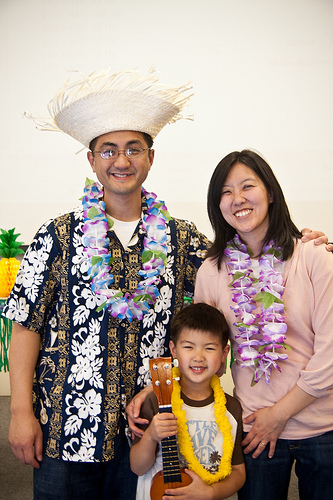List all that we have been given to us or all that has been accomplished for us “in Christ” or “with him” according to this passage. Reflect on this list, and write a prayer affirming these truths and thanking God for these gifts.
1. All the fullness of the diety lives in bodily form, and I have been given fullness in Christ. The fullness of God dwells in Christ. If I want to see what God is like then all I need to do is to look at Christ. That the fullness of God is in Christ, I can see that God did not hold anything back when he sent his son. In a sense God invested everything he had so that sinners like me can be saved. What a poor and foolish investment. I am amazed that God did it for it shows me that He loves me. I am further amazed at the fact that God takes this poor investment (i.e. me) and transforms me into a being that will glorify him. God not only loves me, but he is powerful. What amazes me more than that is that I have been given this fullness in Christ. The cosmological reality is that the fullness of Christ dwells in me. One way of looking at this is that Christ is with me, and that reality should have some bearing in my life. That means that life after receiving Christ is different in quality than it was before receiving Christ. With Christ with me, the kingdom of God is here, slowly advancing against the gates of Hades, slowly growing and changing the things around me like yeast pervading a batch of dough. In other words, because the fullness of God dwells in me, the terms of life are all made new, and life’s challenge is for me to experience this newness.
2. God saved me and made a covenant with me (“circumcision”) and I became one of his people. I was God’s enemy. I thought differently, I lived differently, I lived apart from him, and I lived a life pursing what I wanted, sometimes at the expense of others. God should have shown me the door and left me headed to an eternity apart from him. He looked at my life and wasn’t mad or angry. Rather he felt compassion and pity, and he saved me from my life, made an eternal covenant with me and made me one of his people. God saved me, his enemy and made me one of his people.
3. I was buried with him in baptism. What this means is that my old life—all of its desires, its ideas, its values, its identity—all died. They no longer have mastery over me because Christ is now my master. Though the presence of my old life still lingers and I may follow the old ways from time to time, it does not have dominion because it died because I have a new master now.
4. I was raised with him through faith. Through Christ I have been given a new life. There are new possibilities that weren’t afforded to me before I met Christ. The text says that I was dead in my transgressions, meaning that I was enslaved to my desires. But, after being set free from the dominion of those desires, Christ has given me the chance and the power to live and experience His kingdom when I trust in his word (which is faith).
Tags: Colossians
Posted in Devotions












Recent Comments